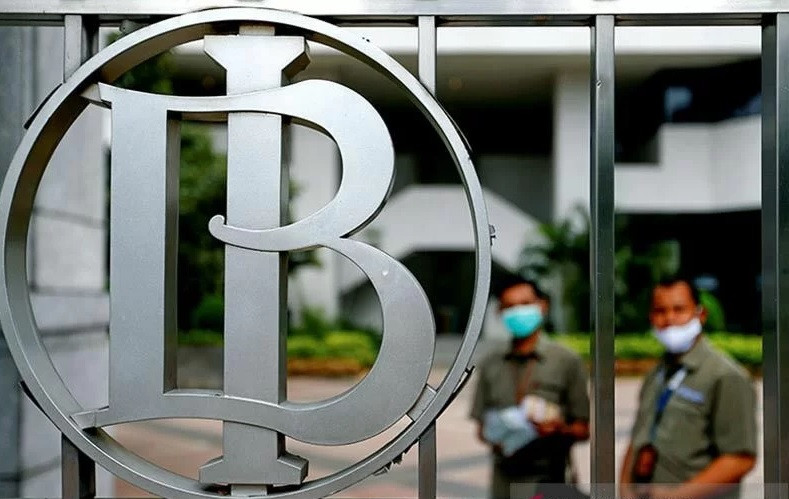Popular Reads
Top Results
Can't find what you're looking for?
View all search resultsPopular Reads
Top Results
Can't find what you're looking for?
View all search resultsBI's turn now to act
We are lucky that though we depend mainly on fuel imports, the government can afford to cushion the impact of rising international oil prices to protect the purchasing power of the people.
Change text size
Gift Premium Articles
to Anyone
S
tatistics Indonesia’s (BPS) announcement earlier this week that headline inflation (the prices of all goods and services) in July was 4.94 percent year-on-year, the highest since 2015, should lead to stronger pressure on Bank Indonesia (BI) to rethink its dovish stance, otherwise the expectations of rising prices may become entrenched.
Even though core inflation (excluding energy and food prices) was still relatively low at 2.86 percent and the year-to-date core inflation was only 2.11 percent, the central bank will have to start tightening its monetary policy, especially after the United States Federal Reserve hiked its rate by 75 basis points last week. This cut down the interest rate differential between Indonesian and US bonds to a mere one percentage point.
However, given the huge fiscal support already provided by the government to cushion the inflationary impact of energy prices, BI will be able to make a gradual rate increase, thereby avoiding sudden shocks to domestic demand, which has been the main driver of the post-pandemic recovery, and the government debt-service burden. Most analysts have predicted a cumulative rate hike of 75 basis points between August and December.
We are lucky that though we depend mainly on fuel imports, the government can afford to cushion the impact of rising international oil prices to protect the purchasing power of the people. It is fortunate too that our basic staple food supplies, except wheat, are by and large adequate so that the economy is not widely exposed to volatile food prices.
Judging from the transmissions of shocks from the international energy and food crises to the domestic economy, we note that the fiscal and monetary authorities have so far reacted with the right mix of policies.
The reasons for the surging cost of living are similar to those elsewhere. Snarled-up supply chains and Russia’s invasion of Ukraine have pushed up the cost of energy and food commodities, including fertilizers, which are vital for production.
As the government has allocated a total of Rp 510 trillion ($34 billion) to cushion the inflationary impact of energy price rises in order to protect the people’s purchasing power, BI has so far been able to hold its rate stable to maintain the pace of the post-pandemic recovery. Such fiscal measures have thus far been effective at controlling inflation. As a net exporter of coal and natural gas and commodities such as nickel and palm oil, Indonesia can better afford to subsidize fuel and liquefied petroleum gas (LPG) imports.
The biggest challenge now is to control those energy, notably fuel and LPG, subsidies so they do not exceed the allocated quotas. In this context we support state-owned oil company Pertamina’s measures to restrict access to subsidized fuels through an electronic application-based system.
There are two main reasons as to why fiscal spending should be controlled tightly within the fixed allotment.
First, the fiscal deficit, which has been allowed to exceed 3 percent of gross domestic product since the 2020 pandemic outbreak, should be returned to below 3 percent next year. Second, the commodity boom seems to have started cooling down due to worries over economic recession, so the government can no longer expect to continue enjoying the huge sums of windfall revenues it has seen this year.











